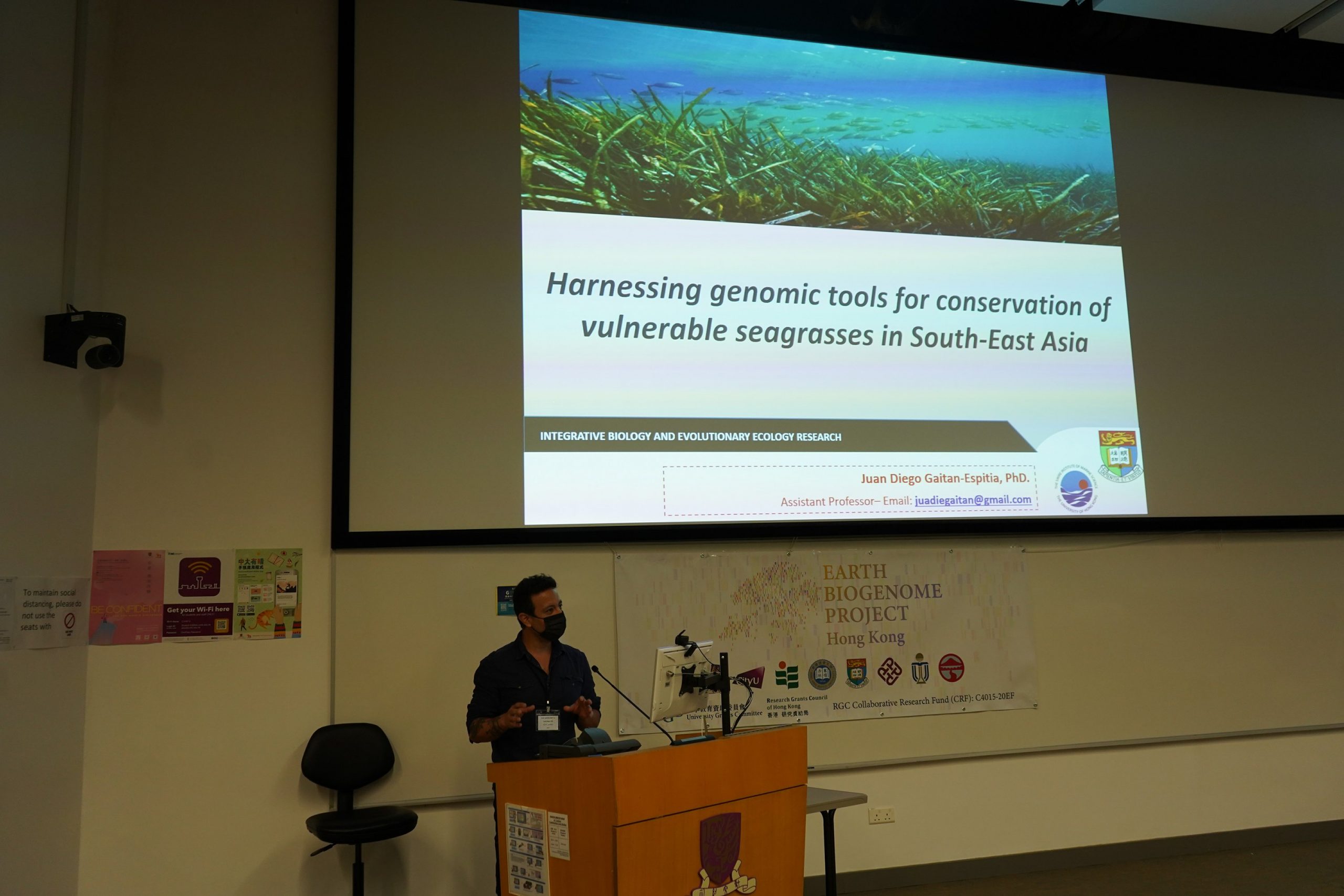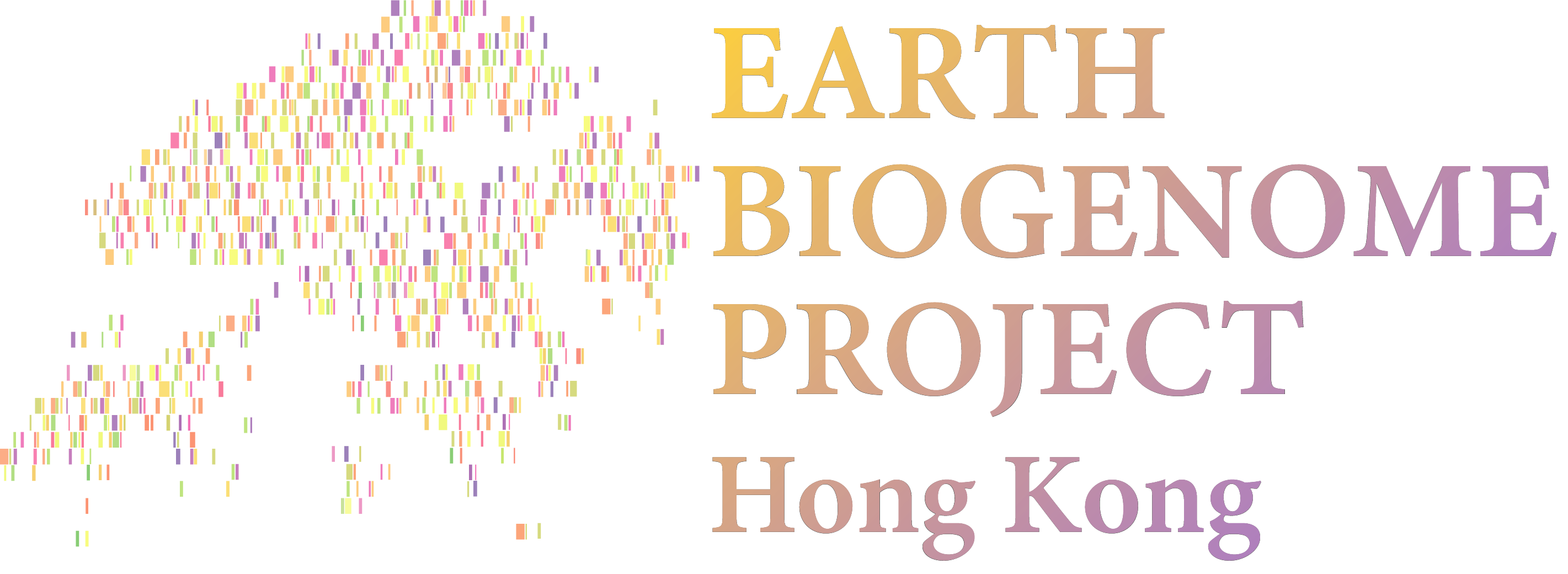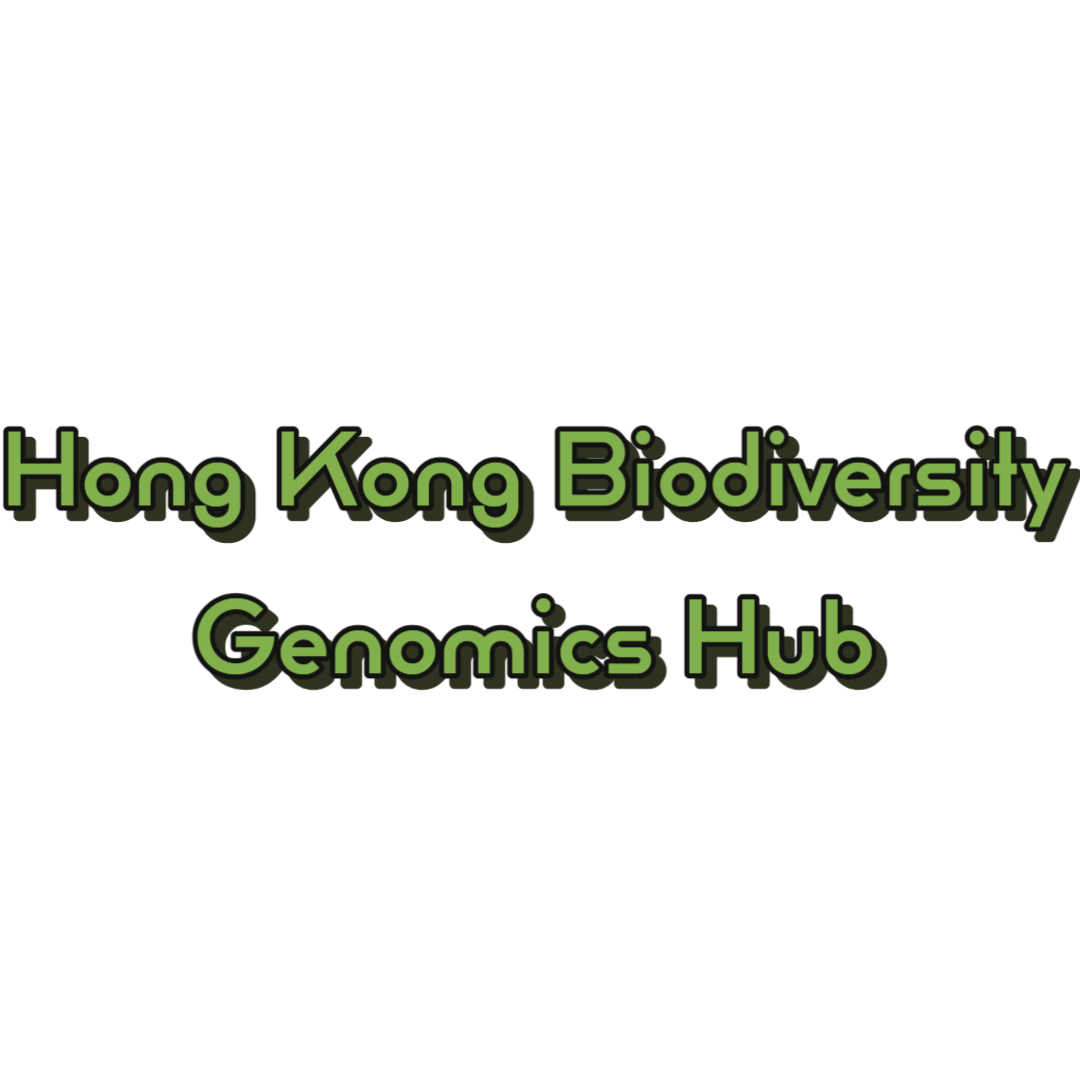
Abstract
The ocean turf grass Halophila beccarii is an important keystone species in the Indo-Pacific region. Despite its fundamental ecological roles, natural populations of this seagrass are drastically declining in South-East Asia as a result of human activities and climate change. This species is currently considered locally extirpated in the Philippines, critically endangered in Singapore, and threatened in Hong Kong and China. Consequently, H. beccarii has been listed as a vulnerable species by the IUCN. It is therefore urgent to develop conservation and management actions in order to avoid the extinction of H. beccarii. As part of this effort we are developing genomic tools that inform: i) the genetic diversity and structure of H. beccarii along South-East Asia; ii) the identification of hotspots of conservation and management priority; iii) the potential for ecological restoration through assisted gene flow in Hong Kong.





